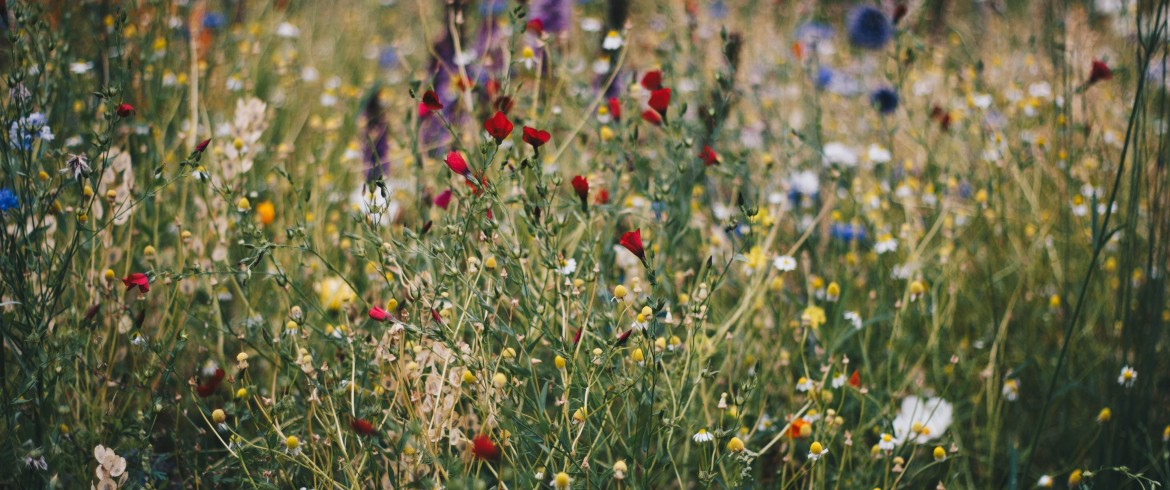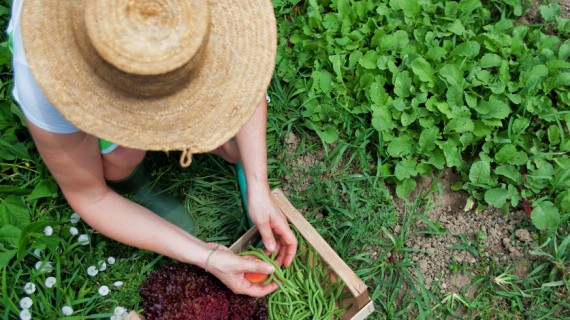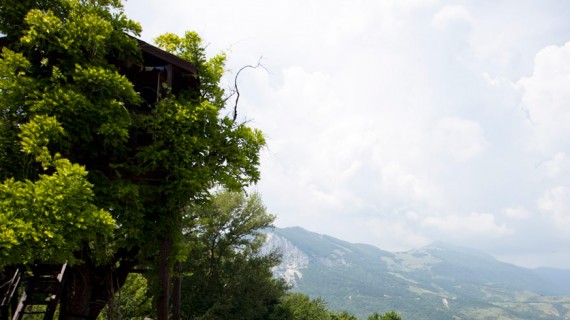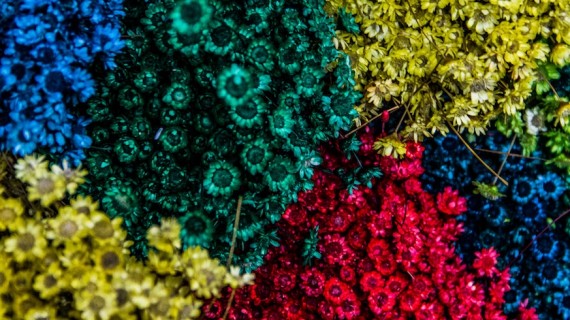Boosting biodiversity to reduce pesticide spray, Science tells us it is possible. Recent studies show the beneficial effect of flowers for organic farming. Poppies, daisies, cornflowers attract predatory insects and parasites, acting as true ‘natural pesticides’
Coriander, cornflower, buckwheat, poppy, and dill are being planted in long stripes across the fields to attract insects that usually attack pests. These flowers are natural herbicides that favour a balance between agriculture and nature.
Grow flowers and increase profitability
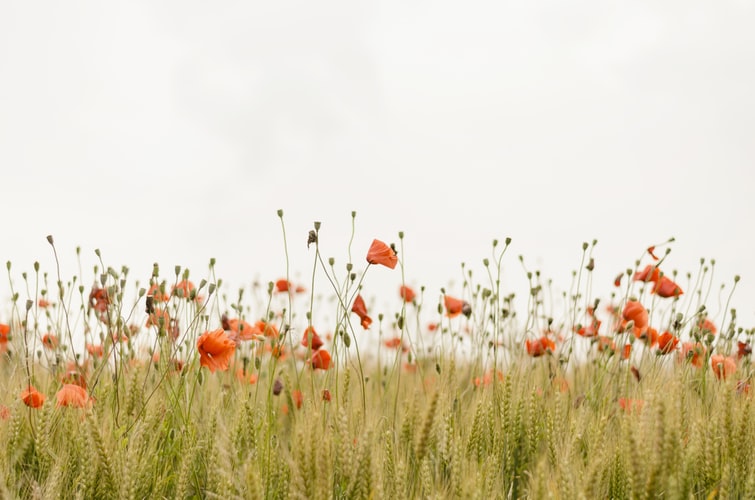
This technique has been studied in French, Switzerland, and England. The aim was to find a solution to the increasing environmental impact of agriculture on nature. Moreover, according to French research (2017), an agricultural enterprise using this method is not just environmentally-friendly, but it also improves its productivity and profitability in 38.8% of cases. Another investigation from Switzerland has been tracking this alternative agriculture. The scientists have discovered that a specific type of larva has been decreased by 40%. This insect was the reason for huge damages in corn harvests. A great result has been achieved, in the “flowers fields” damages have decreased by 60%.
Flowers research is always updated
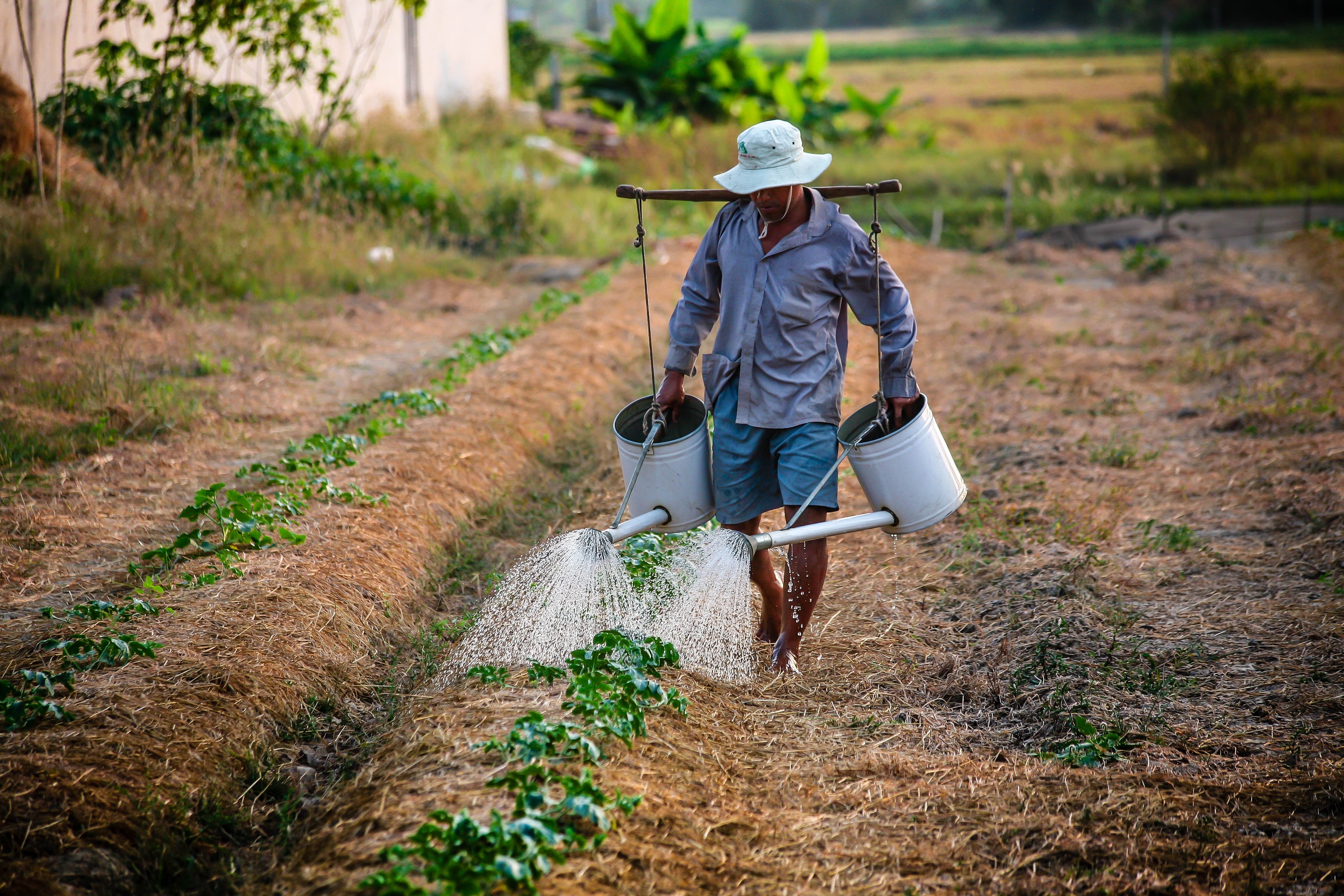
This innovation is still monitoring by scientists in order to improve it. Indeed, a disadvantage of this technique is that the flower stripes are situated on each side of the land. So, some pests can reach the internal part of the field. Therefore, pesticide sprays are still necessary for some portions. Nevertheless, in England, there is a program called ASSET that is useful to monitor the flower strips fields. It is a research about the true efficiency of flowers, for instance, daisies, clovers, dark cornflower and carrots. They do not collocate these flowers only on the sides, but also in the centre of the fields.
English researchers have elaborated the data and tried to improve biodiversity, different types of bio-pesticides, crop rotation and any kind of method that decrease the ecological footprint of the primary sector.
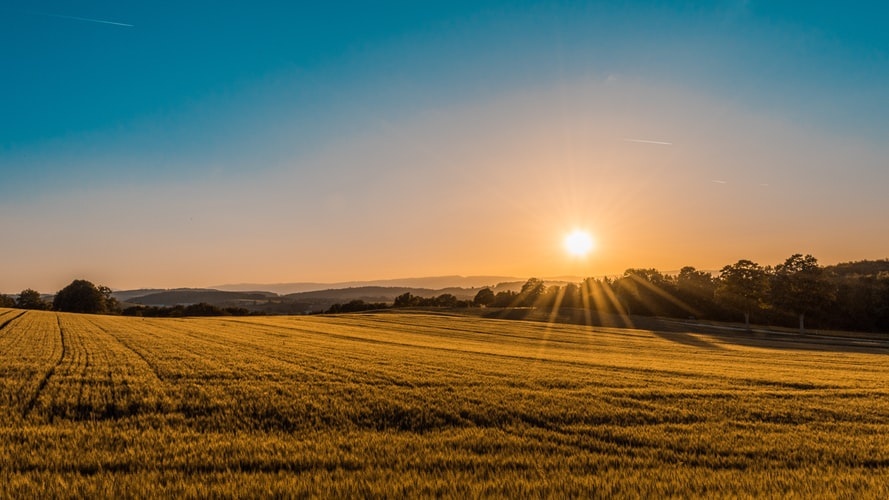
In Italy, this technique has not been studied yet. However, Crea (the national institution for the agricultural economy) has tried to plant many types of vegetable families, also wildflowers in order to booster biodiversity.
Our planet balance is controlled by biodiversity. Scientists have proved that only an environment that is similar to the natural one is able to self-regulate. Even if this balance between agriculture and nature is still weak, these scientific researches have opened new opportunities to sustain eco-friendly agriculture.
Comment the article if you are interested in it
